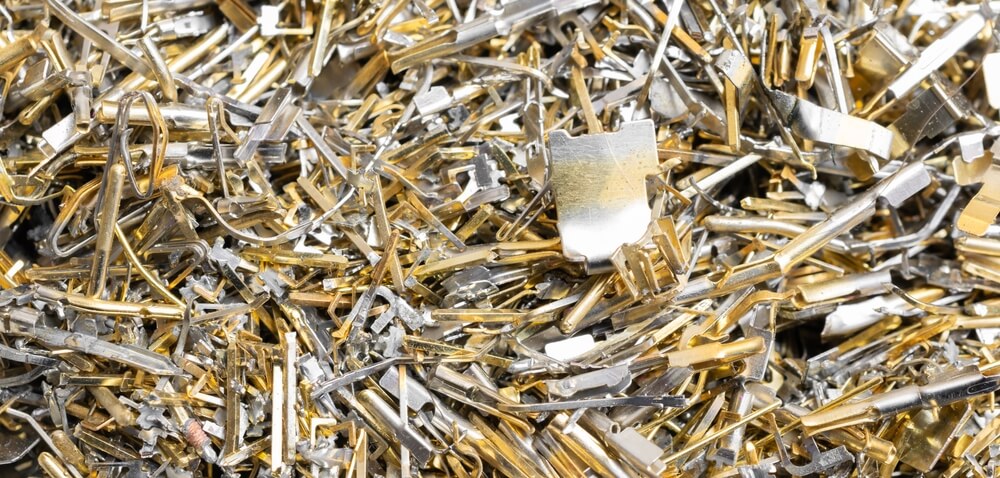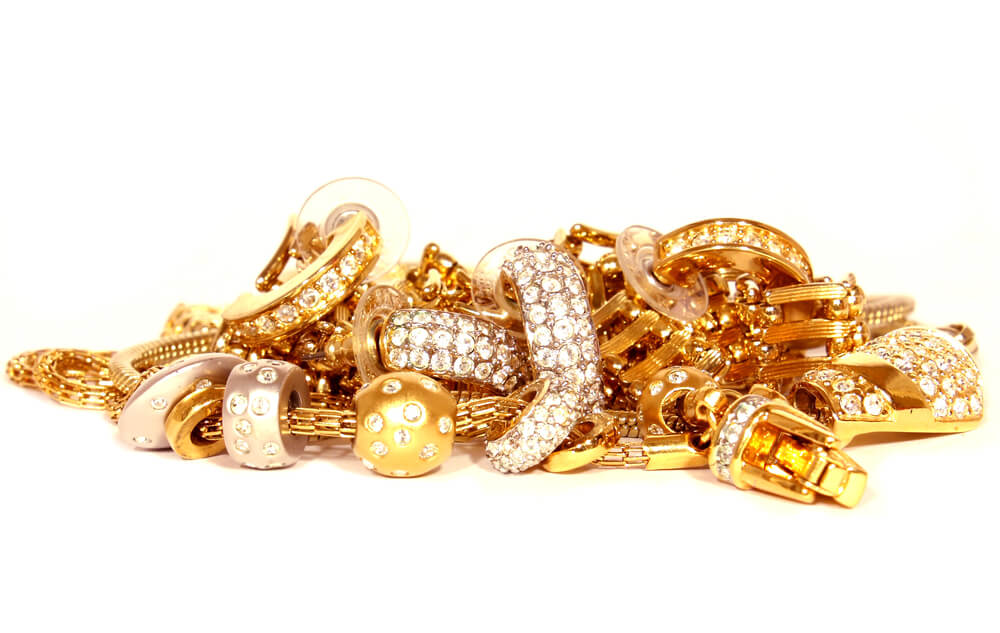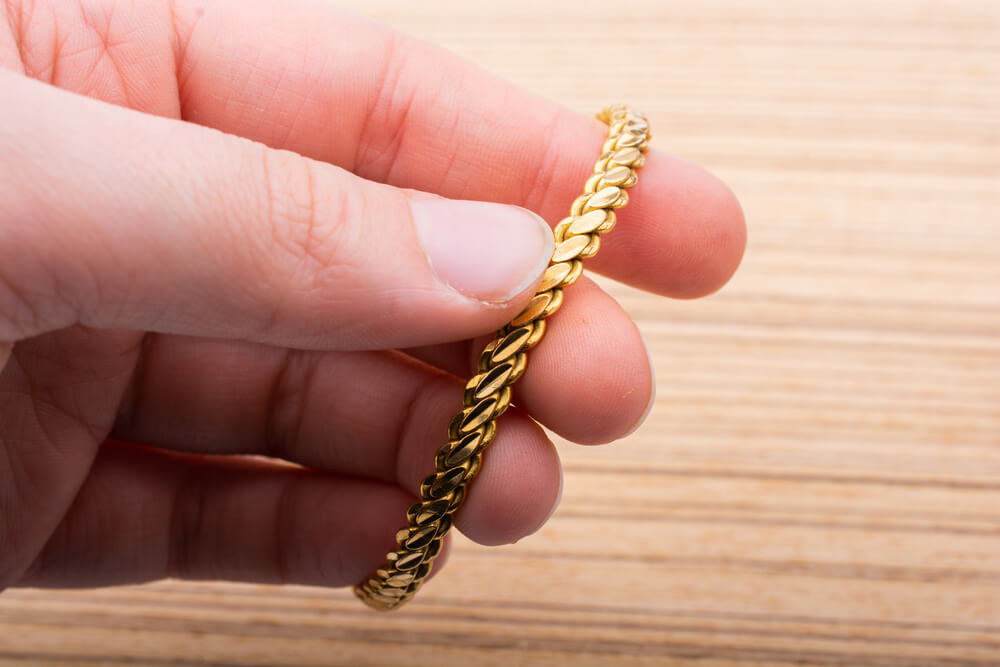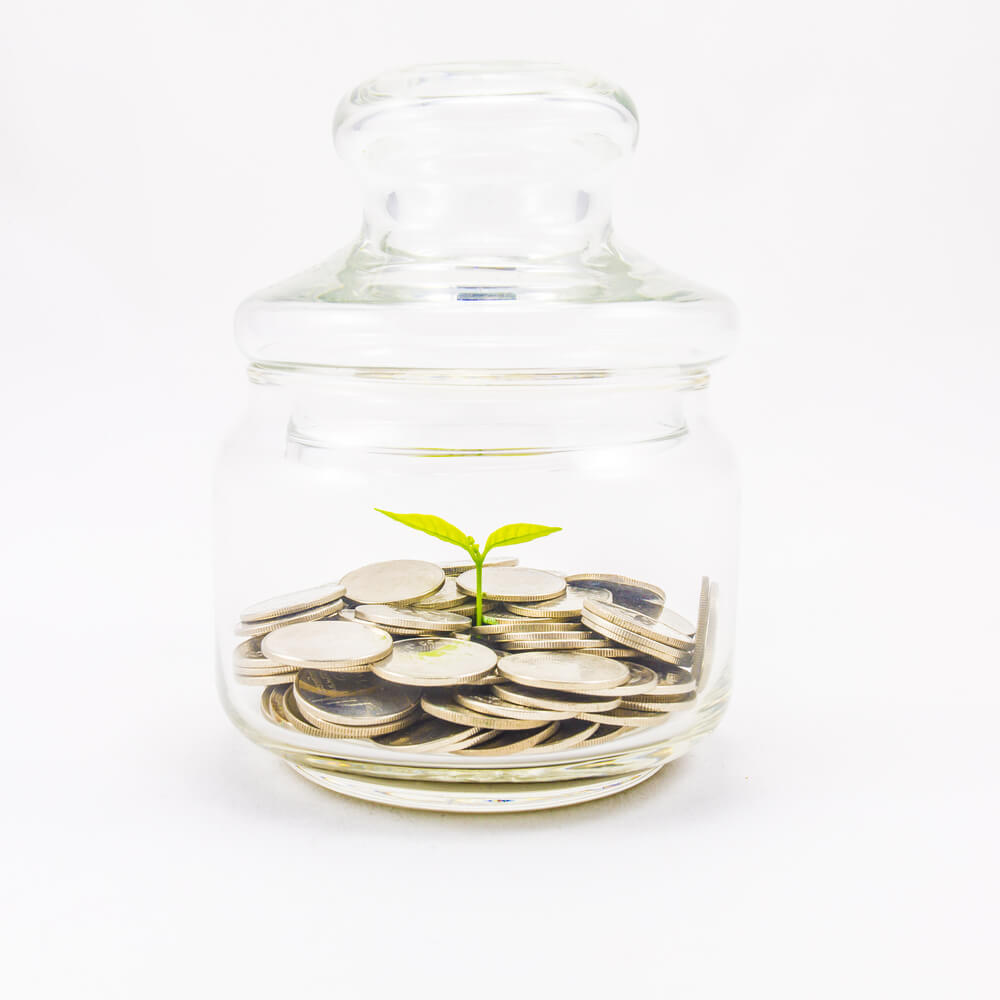
Gold Jewelry: A Complete Guide
There are two major forms of commercial gold: bullion and jewelry. Bullion can be further categorized as bars and coins, and gold jewelry can take quite a few avatars. Gold jewelry is the most mass-market gold item. When people think about investing in precious metals, gold jewels come to mind. Granted, jewelry is not the best way to invest in gold, but for most buyers, gold is not just about preserving wealth.

There’s an aesthetic appeal to it too. People who aren’t just focused on investment and would like to wear and showboat their gold fancy gold jewels. If you are one among them, you may want to learn more about gold ornaments. This article will help you do just that. We’ll focus on the following:
- A basic overview of gold jewelry, its inception, etc.
- Types of gold jewelry
- Taking proper care of gold jewelry
- Gold jewelry’s investment angle and more
The world of gold jewels is fascinating. There’s a lot of craftsmanship, technology, variety, etc., to learn about and be enamored with. Read on to explore the space.
Table of Contents
What is Gold Jewelry?
Gold jewelry is almost never pure gold since gold is too soft and malleable to sustain itself as a veritable piece of jewelry. Other items are added to gold to deem the pure metal fit for jewelry-making. Gold could be either homogenously melded with the other metals or attached superficially. Gold alloys, for instance, are deeply-rooted amalgamations of gold and other metals, such as copper, zinc, sterling silver, platinum, etc. Gold-plated jewelry, vermeil, gold-filled, etc., are more cursory approaches. To learn more, click here.
Gold Jewelry and History
The kings and queens of ancient times wore gold jewelry, which was believed to be the representation of the sun and divinity. To reflect status and authority, kings and queens wore truly elaborate jewelry. Affluent citizens from the ancient past, too, wore gold ornaments, signifying their social status and influence. For the Mayans and Aztecs, intricately crafted gold jewelry items were used in rituals and ceremonies, symbolizing religious and cultural significance.
Gold Jewelry Shapes and Forms
Gold coins are round-shaped. Bullion bars are mostly rectangular slabs. Gold jewelry, however, cannot be confined to one form or look. Necklaces, pendants, rings, bracelets, earrings, etc., are all different avatars of gold jewelry, which can be further broken down into intricate designs. Necklaces, for instance, range from link chains and pendant necklaces to rope chains, snake chains, etc.
Rings can be categorized based on their purpose or occasion. Engagement rings, wedding bands, fashion rings, etc., are examples. Wedding bands have filigree work, intricate patterns, or diamond accents that the other rings do not. Fashion or everyday wear rings are more creative and unique. They range from highly minimal to being laden with pearls, gemstones, etc. Earrings comprise the stud, hoop, and drop variety. Similarly varied are the options with bracelets.
How is Gold Jewelry Made?

Gold jewelry manufacturing begins with its design. Designers visualize their ideas through software or on paper to create digital models or detailed drawings. After the design’s confirmed, the material is chosen. The gold’s purity or karat levels or the other metals that’ll get added are decided. The alloys arrive as sheets, granules, or wires. They are then subjected to casting, rolling, etc., to create the required shapes and dimensions.
Specialized tools are then used to cut the materials into desired sizes and shapes to make the jewelry piece’s various components. The parts are then soldered. The solder is heated with a soldering iron or torch until it thaws and blends the metal components. The gold material is bent, shaped, hammered, and cast to achieve the desired contours and forms. If the design embraces gemstones, those are set during this stage using different stone setting methods.
The jewelry is finally cleaned, polished, and refined for smoothness and luster. Any visible scratches, jagged edges, and other imperfections are handled at this stage. Additional decorative elements could be added next to boost the piece’s overall aesthetics. Jewelry makers could apply specific surface-level finishes (high polish, matte, satin, etc.) to boost the jewel’s overall color and character or brighten it.
Things to Consider When Buying Gold Jewelry
Since gold jewelry is mostly never pure gold, it’s critical to understand its composition and splurge accordingly. Eighteen-karat and 14-karat gold ornaments don’t’ cost the same, even if they are identical in design and weight. Ensure there’s a proper balance between gold and other metals. Eighteen karats usually denote the sweet spot, but that could vary based on the jewelry type. To learn more about karats, click here. Look for stamps or hallmarks that indicate the jewelry’s purity and authenticity. Also, buy jewelry from reliable and reputable sellers. Browse for the right online store or offline shop. Look for jewelers with years of experience and expertise who are known for their exquisite designs.
How to Care for Gold Jewelry?
Properly cleaning and storing gold jewelry is essential to keeping gold jewelry in excellent condition and usable for long. Clean the article with warm water and dish soap now and again. Use a soft-bristle brush to scrub the nooks and corners gently. Grab a clean, soft cloth to pat dry. Please do not use bleach or chlorine, as they could be damaging. Never wear jewelry during swimming or intense physical activities. Consider periodic cleaning and polishing by a professional to restore or maintain the jewelry’s luster. Don’t overpolish or polish frequently; that could damage the engravings and other details.
Store jewels in their separate boxes. Don’t put multiple gold articles in the same box or container so they don’t tangle or scratch. Use lined jewelry trays, soft cloth pouches, or compartmentalized jewelry boxes. Gold is naturally resistant to the elements. But because gold jewelry usually has other metals, avoid exposure to direct sunlight, humidity, and extreme temperatures to prevent damage or discoloration. Lotions, hairsprays, perfumes, and other chemicals could react with the jewelry and cause tarnishing.
Read more: How to Clean Tarnished Gold
Investing in Gold Jewelry
Gold jewelry isn’t the first item that comes to mind when considering investing in gold. But gold jewelry is not worth noting. Based on the jewelry’s gold content, the resale value is determined. Design and craftsmanship represent a significant chunk of a jewel’s making costs. But those don’t translate into monetary value in the secondary market. Gold jewels are invaluable in family circles depending on who wore them and for how long. In the resale market, their worth is determined based on the spot prices of gold and other precious metals in the piece.
Gold Jewelry Trends in Manufacturing and Design
Gold jewelry designs and manufacturing techniques are continually innovating. Tech products go obsolete. Jewelry designs can also go out of date. Designers, therefore, have to be on their toes at all times. They have to keep up with the trends and discard designs no longer favored by the buyer. Minimalist jewelry, with its sleek lines and understated elegance, is an outcome of this awareness, catering to the younger, more modern buyer. Vintage designs being revived and reimagined is also a sign of the industry’s mindfulness.
CAD/CAM technologies, 3D printing, laser technology, etc., have propelled and revolutionized gold jewelry manufacturing. These tools let designers make detailed and intricate designs. Besides helping create highly detailed, complex pieces, 3D printing decreases material waste and promotes experimentation. Laser tech helps with precision stone setting, engraving, and repairs.
Read more: Is Gold Jewelry a Good Investment
Conclusion
There are better ways to invest in gold than gold jewelry. But if you want to wear gold and still benefit (to a great extent) from owning gold, jewelry is your best bet. Although you can attach and suspend a gold coin or bar to your necklace, the arrangement will never look as elegant as skillfully designed jewelry. Not to mention the various designs and forms gold jewels come in. Also, gold jewelry can be passed down as an heirloom or gifted to loved ones.
Gold bullion can also be handed down but won’t carry the personal touch or sentimental value as much, especially if the gold jewelry was custom-made. Individuals wear jewelry. Gold bars and coins spend all their time in a safe. Long story short, even though investors look down upon solid gold jewelry, there’s no denying the personal connection. If investing is your sole purpose, look to gold bars and coins. But if preserving wealth is only one of your many objectives behind owning gold, build your jewelry collection.


